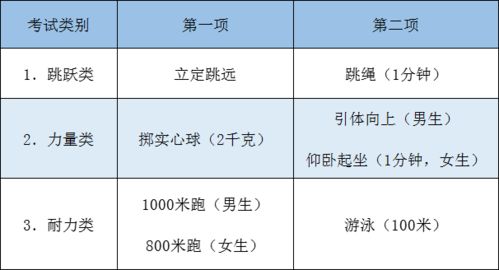Athletic talent is a multifaceted concept that encompasses a range of physical, mental, and emotional attributes. It refers to an individual's innate abilities and potential for excelling in sports or physical activities. Here, we delve into the definition of athletic talent and explore its key components.
Athletic talent can be defined as:
1.
2.
3.
While innate talent provides a foundation, it's essential to recognize that athletic prowess is also nurtured through dedicated training, coaching, and experience. Here are some strategies for cultivating athletic talent:

1.
Introducing children to a variety of sports and physical activities allows them to explore different skill sets and discover their interests and strengths.
2.
Access to knowledgeable coaches and structured training programs can provide guidance, feedback, and technical instruction to maximize potential.
3.
Emphasizing both physical conditioning and mental skills development fosters wellrounded athletes capable of excelling in diverse environments.
4.
Teaching athletes to set realistic goals, develop resilience, and cultivate a growth mindset promotes longterm success and satisfaction in sports.
5.
Creating a supportive and encouraging environment, whether in the family, school, or community, is crucial for nurturing confidence and selfbelief in athletes.
Athletic talent encompasses a blend of innate attributes and cultivated skills that enable individuals to excel in sports and physical activities. While genetics play a role, the development of athletic potential requires deliberate practice, quality coaching, and a supportive environment. By understanding the various components of athletic talent and employing effective strategies for cultivation, individuals can strive towards realizing their full athletic potential.